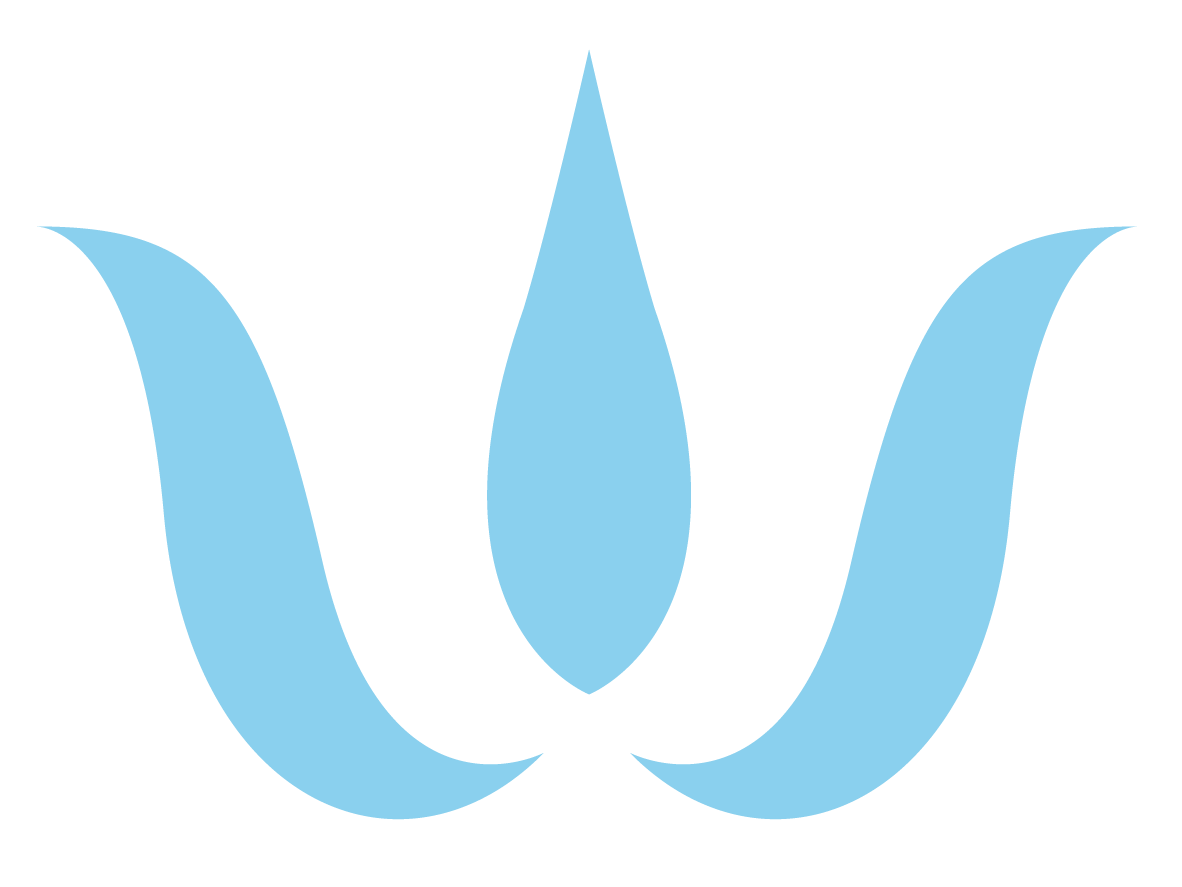The Best Massage Techniques for Muscle Recovery and Relaxation
Author: Dr. Lauren Olney
The Best Massage Techniques for Muscle Recovery and Relaxation
Whether you're an athlete pushing your physical limits or someone dealing with daily stress and tension, massage therapy offers powerful benefits for muscle recovery and relaxation. With the right techniques, you can speed up recovery, improve circulation, reduce stress, and enhance overall well-being. In this guide, we’ll explore the best massage techniques for muscle recovery and relaxation, helping you choose the perfect option for your needs.
Benefits of Massage for Muscle Recovery
Massage therapy plays a crucial role in aiding muscle recovery and promoting relaxation. Here are some key benefits:
Reduces muscle tension: Loosens tight muscles and alleviates knots.
Increases circulation: Enhances blood flow, bringing oxygen and nutrients to muscles.
Speeds up recovery: Reduces soreness and promotes healing after exercise.
Improves flexibility: Helps maintain muscle elasticity and range of motion.
Relieves stress: Lowers cortisol levels and enhances relaxation.
Now, let’s explore the most effective massage techniques for muscle recovery and relaxation.
Best Massage Techniques for Muscle Recovery
1. Deep Tissue Massage
Deep tissue massage targets the deeper layers of muscle and fascia, making it an excellent choice for recovery.
Benefits:
Breaks up scar tissue
Reduces chronic muscle pain
Enhances circulation
Speeds up muscle recovery after intense workouts
Best for:
Athletes and active individuals
Those recovering from injuries
People with chronic muscle tension
2. Sports Massage
Designed for athletes and physically active individuals, sports massage focuses on preventing and treating sports-related injuries.
Benefits:
Reduces muscle soreness
Improves flexibility and performance
Enhances blood flow to targeted areas
Prevents injuries
Best for:
Athletes
Those with high-intensity training schedules
Individuals looking to optimize physical performance
3. Myofascial Release
Myofascial release targets the connective tissue (fascia) surrounding muscles, helping to alleviate tension and restore movement.
Benefits:
Relieves tightness and restrictions in the fascia
Improves flexibility and mobility
Reduces pain and inflammation
Best for:
Individuals with chronic pain conditions
Those with restricted movement
Patients recovering from surgery or injury
4. Trigger Point Therapy
Trigger point therapy focuses on “knots” or hyperirritable spots in muscles that cause pain and stiffness.
Benefits:
Releases tight muscle knots
Reduces referred pain in other areas
Improves muscle function
Best for:
People with chronic muscle pain
Those experiencing headaches from muscle tension
Individuals with repetitive strain injuries
Best Massage Techniques for Relaxation
5. Swedish Massage
Swedish massage is one of the most popular and effective relaxation techniques, using long, gentle strokes to reduce tension.
Benefits:
Promotes relaxation
Improves circulation
Reduces muscle stiffness
Enhances overall well-being
Best for:
Individuals looking for stress relief
Those new to massage therapy
Anyone seeking a gentle, soothing experience
6. Aromatherapy Massage
Aromatherapy massage combines the benefits of massage therapy with essential oils, enhancing relaxation and mental well-being.
Benefits:
Reduces anxiety and stress
Enhances mood and emotional balance
Promotes deep relaxation
Best for:
People dealing with stress and anxiety
Those seeking a sensory-enhanced experience
Anyone wanting a calming, therapeutic session
7. Himalayan Salt Stone Massage
Himalayan salt stone massage uses heated stones to relieve deep muscle tension and promote relaxation.
Benefits:
Warms and relaxes muscles
Improves blood flow and circulation
Reduces stress and anxiety
Best for:
Those with deep muscle tension
People looking for an ultra-relaxing experience
Anyone wanting a luxurious, stress-relieving treatment
8. Reflexology
Reflexology is a specialized massage focusing on pressure points in the feet, hands, and ears that correspond to different body organs.
Benefits:
Stimulates energy flow in the body
Promotes relaxation and stress relief
Helps alleviate pain and tension
Best for:
Individuals looking for a non-invasive relaxation method
Those seeking holistic health benefits
People with foot pain or tension
How to Choose the Right Massage for You
With so many techniques available, selecting the right one depends on your needs. Consider these factors:
For muscle recovery: Opt for deep tissue, sports massage, or myofascial release.
For relaxation: Choose Swedish massage, hot stone, or aromatherapy.
For pain relief: Trigger point therapy and reflexology can be highly effective.
Discussing your concerns with a licensed massage therapist can help ensure you receive the best treatment for your specific needs.
Frequently Asked Question about Massage Techniques
1. How often should I get a massage for muscle recovery?
For active individuals, a massage every 1-2 weeks can help with muscle recovery and injury prevention. For general maintenance, once a month is often sufficient.
2. Is deep tissue massage painful?
Deep tissue massage can be intense, but it should never be unbearably painful. Communicate with your therapist to ensure the pressure is within your comfort level.
3. Can massage help with chronic pain conditions?
Yes! Techniques like trigger point therapy, myofascial release, and deep tissue massage are effective in managing chronic pain and improving mobility.
4. What should I do after a massage for the best results?
Drink plenty of water, stretch lightly, and rest if needed to allow your muscles to recover and maximize the benefits of your massage.
5. Can I combine massage with other recovery methods?
Absolutely! Massage works well with stretching, foam rolling, chiropractic care, and physical therapy to enhance recovery and performance.
Experience Your Ideal Massage Today
Massage therapy is a powerful tool for both muscle recovery and relaxation. Whether you're dealing with post-workout soreness, chronic pain, or everyday stress, there’s a technique that can help. Prioritize regular massages and listen to your body's needs to experience the full benefits of these healing practices.
If you're ready to experience the benefits firsthand, schedule a massage at The Winchester Institute today. Our expert therapists are here to help you recover, relax, and feel your best. Contact us to book your appointment!
